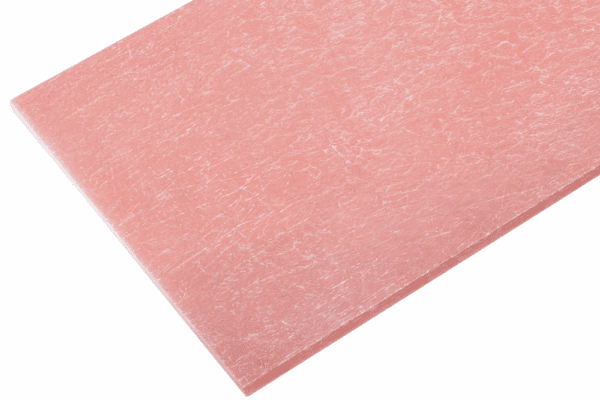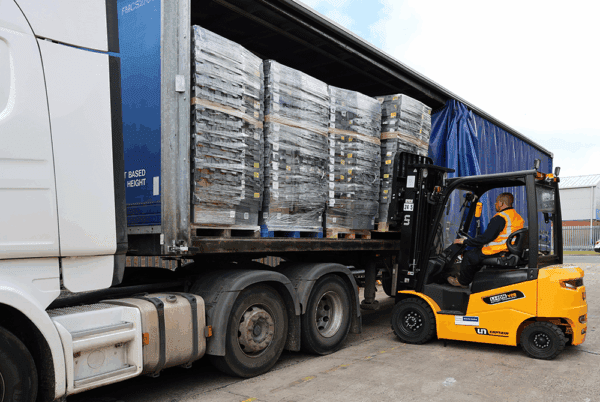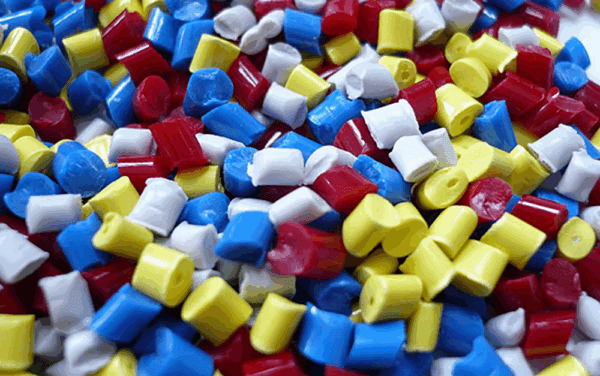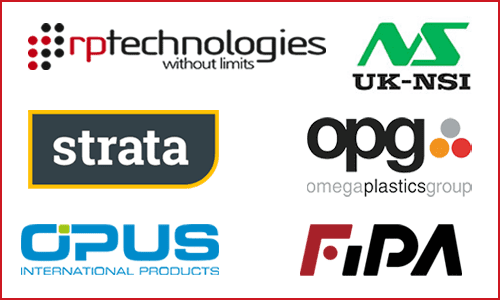
BEC Group Blog // Select the Right Plastic For Your Next Injection Moulding Project
|
Getting your Trinity Audio player ready...
|
Every successful product starts with choosing the right material. In injection moulding, that decision can (quite literally) make or break your project. The wrong plastic might shatter on impact, warp in summer heat, or dissolve when exposed to common chemicals. The good news? Despite the many options, we can rely on a handful of proven materials to handle the vast majority of applications. In this blog, BEC Group unpacks what different plastic materials are and why they deliver for specific products and applications.
Polypropylene (PP) for Everyday Versatility
When engineers need a cost-effective material that can handle almost anything, polypropylene often tops the list. This lightweight plastic offers a remarkable balance of properties that make it perfect for:
- Food containers and packaging – thanks to its chemical resistance and food-safe properties
- Automotive components like bumpers and interior trim – due to its excellent fatigue resistance
- Living hinges (those thin flexible connections in flip-top lids) – where PP’s unique molecular structure allows thousands of flex cycles without breaking
- Garden furniture – combining weather resistance with the ability to withstand rough handlin
Further, PP’s resistance to acids, bases, and solvents makes it particularly valuable in household products like washing-up bowls and kitchen storage containers.
Its primary limitation? A service temperature that tops out around 100°C, making it unsuitable for high-heat applications.
Acrylonitrile Butadiene Styrene (ABS) for Impact Resistance
ABS has become synonymous with tough, impact-resistant products. Its excellent dimensional stability and attractive surface finish have made it the material of choice for:
- Consumer electronics housings – offering the perfect balance of strength and processability
- Automotive dashboards and interior components – providing long-term durability with minimal warping
- Children’s toys – delivering durability to withstand years of rough play
- Power tool casings – combining impact resistance with good aesthetic qualities
The material’s ability to be plated, painted or otherwise finished makes it ideal for applications where appearance matters. However, ABS lacks UV resistance, meaning outdoor applications require additional stabilisers or coatings.
High-Density Polyethylene (HDPE) for Chemical Resistance
HDPE’s outstanding chemical resistance and excellent moisture barrier properties have made it indispensable for containers and packaging. Its best applications include:
- Chemical storage containers – remaining stable even with aggressive contents
- Fuel tanks – providing long-term resistance to hydrocarbons
- Playground equipment – combining toughness with weather resistance
- Plumbing components – offering excellent long-term reliability with water contact
While not as rigid as some alternatives, HDPE’s toughness and broad chemical compatibility make it perfect for products that need to withstand harsh environments. Its natural translucence also allows for brilliant coloured products that maintain good light transmission.
Polyethylene Terephthalate (PET) for Clarity and Barrier Properties
PET offers exceptional clarity and barrier properties that have made it the dominant material for:
- Beverage bottles – combining clarity, strength and minimal gas permeability
- Food packaging – providing an excellent oxygen barrier while remaining food-safe
- Medical packaging – meeting rigorous sterilisation requirements
- Cosmetic containers – delivering glass-like clarity with shatter resistance
PET’s outstanding processability makes it ideal for high-volume, thin-walled applications. Its primary limitations include a relatively low heat resistance and potential for stress cracking under certain conditions.
Acetal (POM) for Precision Mechanical Parts
When precision mechanical components need to perform reliably over thousands of cycles, acetal delivers unmatched performance for:
- Gears and bearings – utilising its natural lubricity and dimensional stability
- Pump components – capitalising on its excellent water resistance
- Automotive fuel systems – leveraging its chemical compatibility with fuels
- High-precision components – benefiting from its minimal shrinkage during moulding
Acetal’s inherent slipperiness makes it ideal for moving parts, while its fatigue resistance ensures long-term reliability in demanding applications. Its higher cost means it’s typically reserved for technical components rather than general-purpose products.
Polycarbonate (PC) for Strength and Transparency
When a product demands high impact resistance without sacrificing clarity, polycarbonate is the perfect solution. This tough, transparent plastic combines strength with heat resistance, making it a versatile option across a number of sectors. Common applications include:
- Safety goggles and visors – offering clear vision with outstanding shatter resistance
- Medical devices – balancing clarity and sterilisability for critical healthcare environments
- Lighting components – providing both strength and excellent light diffusion
- Electronic housings – benefiting from PC’s toughness and flame-resistant properties
- Machine guards and enclosures – ensuring worker safety with see-through protection
Polycarbonate can handle sustained use at high temperatures and is inherently flame-retardant. It’s also easy to mould, making it ideal for precision applications.
Making Your Selection: Beyond the Basics
Choosing between these materials often comes down to balancing requirements against constraints. Key questions to consider include:
- What temperature range will your product experience?
- Will it face chemical exposure during use?
- How much stress or impact must it withstand?
- Is appearance critical to your application?
- What are your production volume and cost targets?
Sometimes, the perfect material might be a specialty plastic or a custom compound designed specifically for your unique requirements.
Need help selecting the ideal plastic for your next injection moulding project?
BEC Group’s materials experts can guide you through the options and help you make the perfect choice. Contact the team to discuss your project.
Click here to read the latest news from BEC Group.

BEC Group
+44 (0)1425 613131
Website
Email





